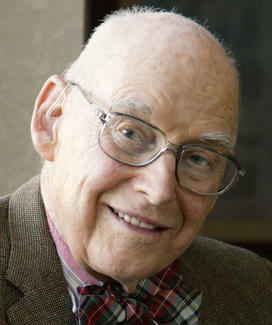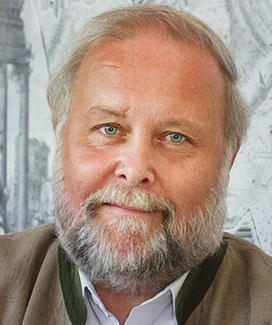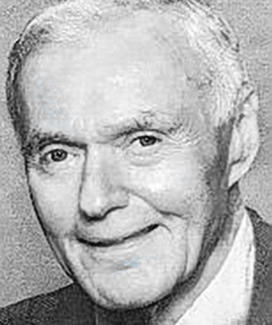In Memoriam: Charles Gillispie, Hugo Meyer, and E. Alden Dunham III ’53

History professor emeritus CHARLES GILLISPIE, who established in 1960 what is now the University’s Program in History of Science, died Oct. 6 in Princeton. He was 97. Gillispie also was the founding adviser and driving force behind the Daniel M. Sachs Class of 1960 Scholarship, one of the highest awards given to Princeton undergraduates. He had been a mentor to Sachs, who died at 28, and played an important role in the program for more than 50 years. An expert in the life and setting of scientific and technological activity in 18th-century France, Gillispie joined the faculty in 1947 and chaired the history department from 1971 to 1973. He retired in 1987.

HUGO MEYER, a professor emeritus of art and archaeology who specialized in Hellenistic and Roman art and sculpture, died from an accident at his home in Munich Sept. 12. He was 66. Meyer joined the faculty in 1988 and worked to rebuild the art and archaeology department’s cast collection, which includes many examples of Classical sculpture and is still used for precepts. In the 1990s, Meyer published two books on sculptural art of imperial Rome, wrote dozens of essays and journal articles, and lectured widely. He retired in 2012.

E. ALDEN DUNHAM III ’53, Princeton’s director of admission from 1962 to 1966, died Sept. 26, in Hopewell Township, N.J. He was 84. Dunham expanded the number of minority and public-school students admitted to Princeton. When he admitted the fictitious candidate Joseph D. Oznot in 1964, it made national news and eventually resulted in Dunham’s being named an honorary member of the Class of 1968. Dunham also played a role in creating the Carnegie Commission on Higher Education in 1967.











1 Response
Michael I. Shamos ’68
9 Years AgoRecalling Gillispie
I was sorry to learn of the death of Professor Charles C. Gillispie (On the Campus, Nov. 11). In 1966, he was my preceptor in his “History of Science” course based on his seminal book, The Edge of Objectivity. I wrote a term paper in which I ascribed a certain scientific idea to Descartes. When the graded paper was returned, I saw that he had written in the margin next to that paragraph this succinct note in colored pen: “Not in Descartes.” I was floored. Of course he was right, but the enormity of those three words have stayed with me. My professor was sufficiently familiar with all the works of Descartes that he could tell me offhandedly that a particular idea did not appear in any of them! A few years ago, when he was 95, we had some correspondence, and he was as gracious and brilliant as always.